Gallery
Photos from events, contest for the best costume, videos from master classes.
 | 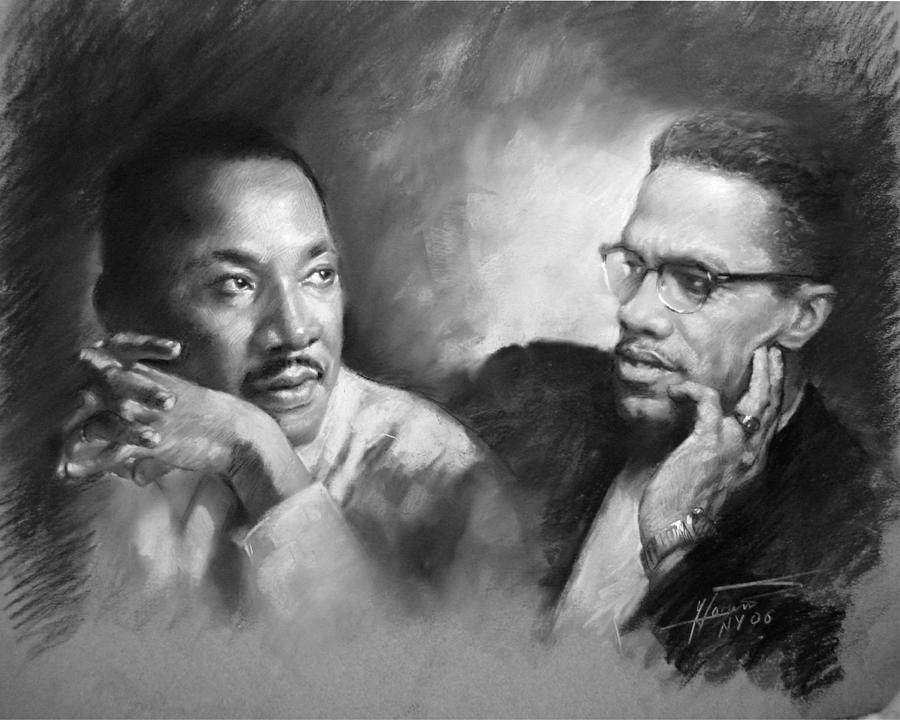 |
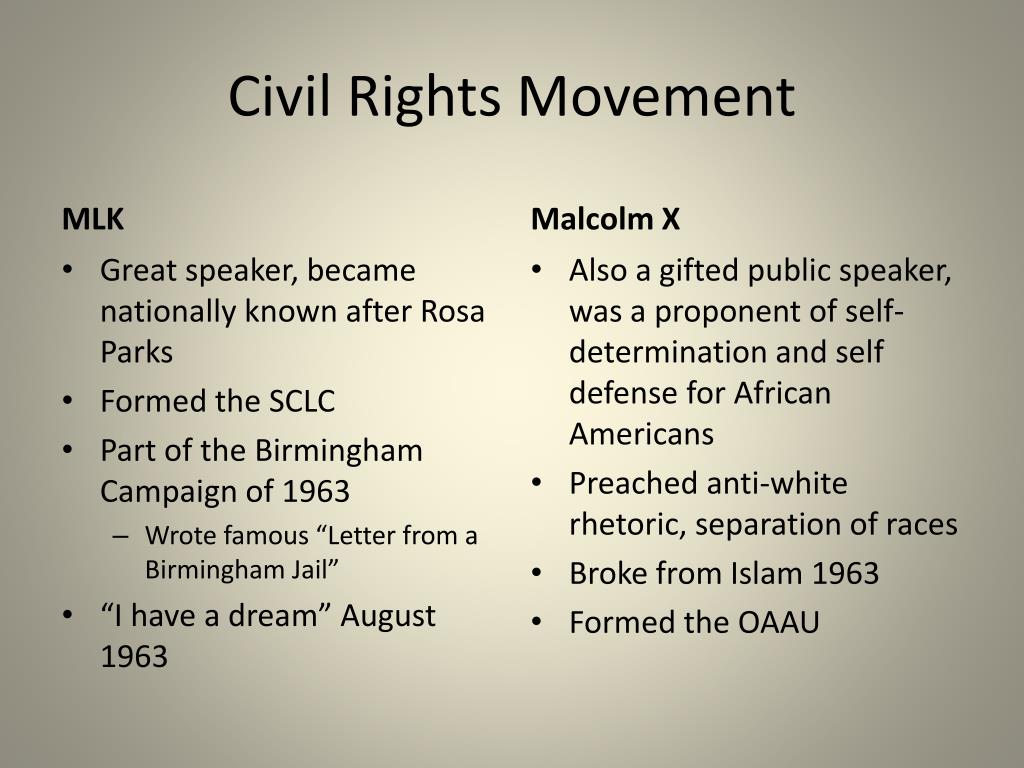 | |
/cdn.vox-cdn.com/uploads/chorus_image/image/67225668/517322988.jpg.0.jpg) |  |
 | 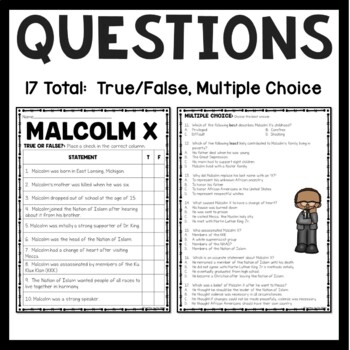 |
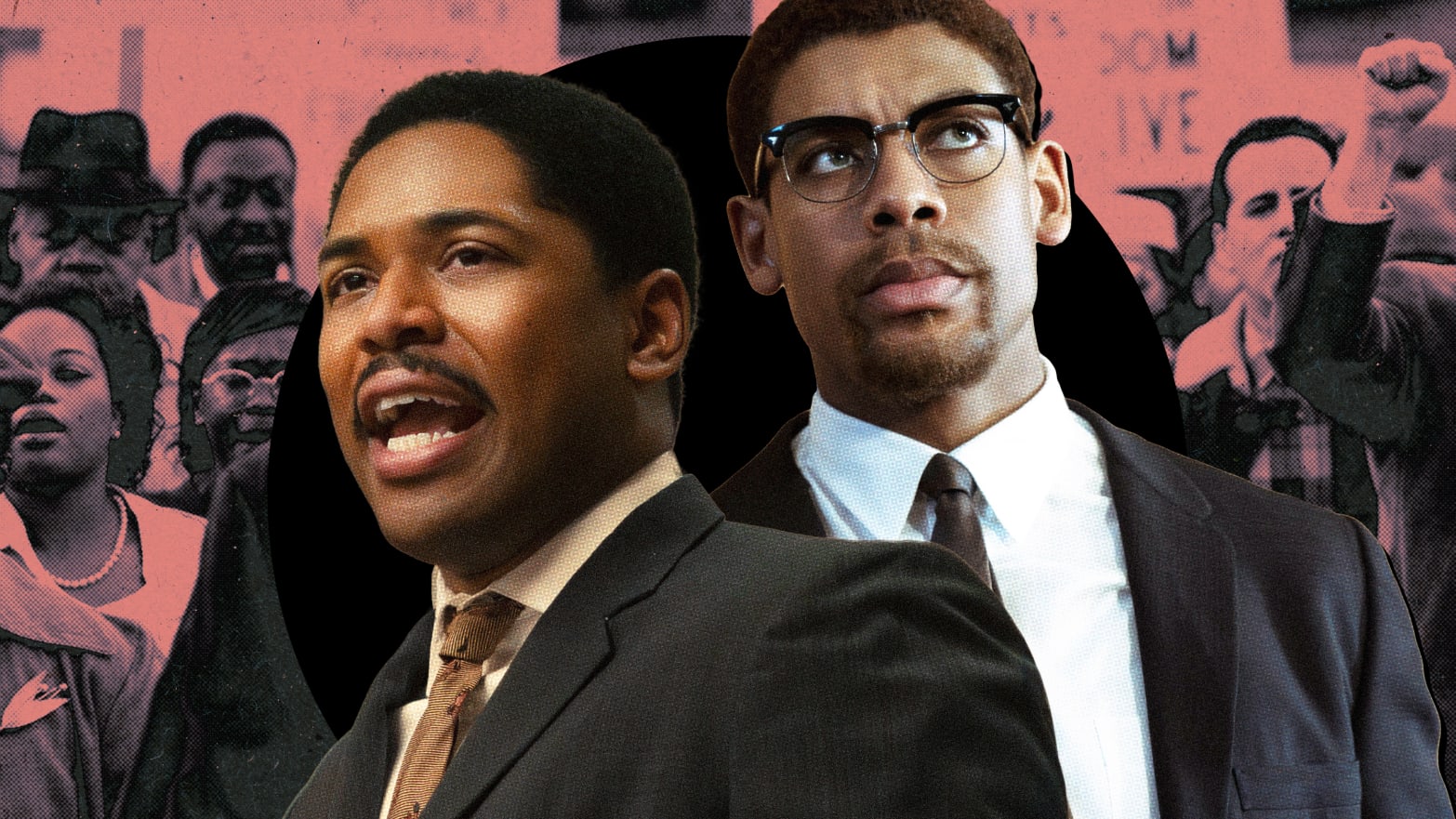 | 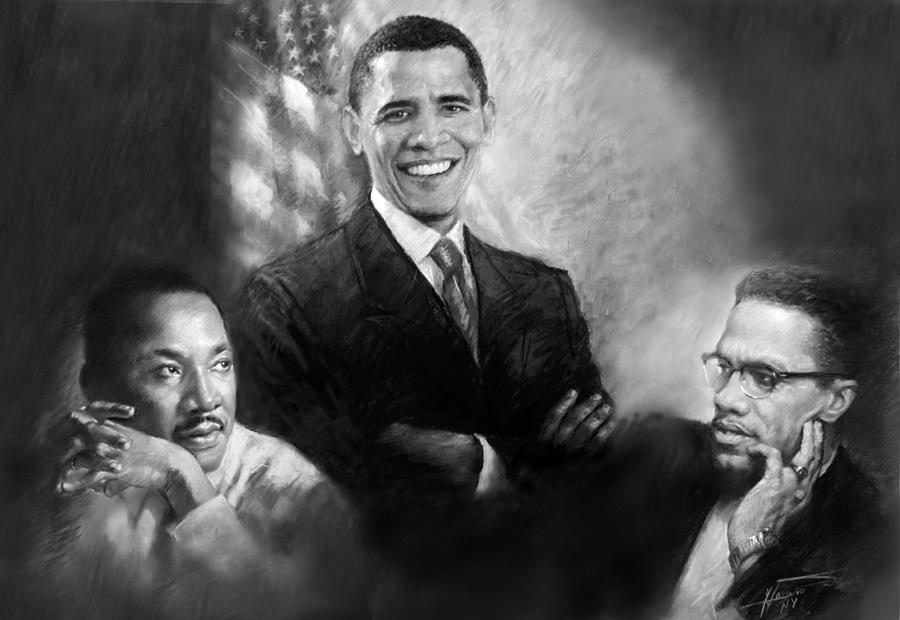 |
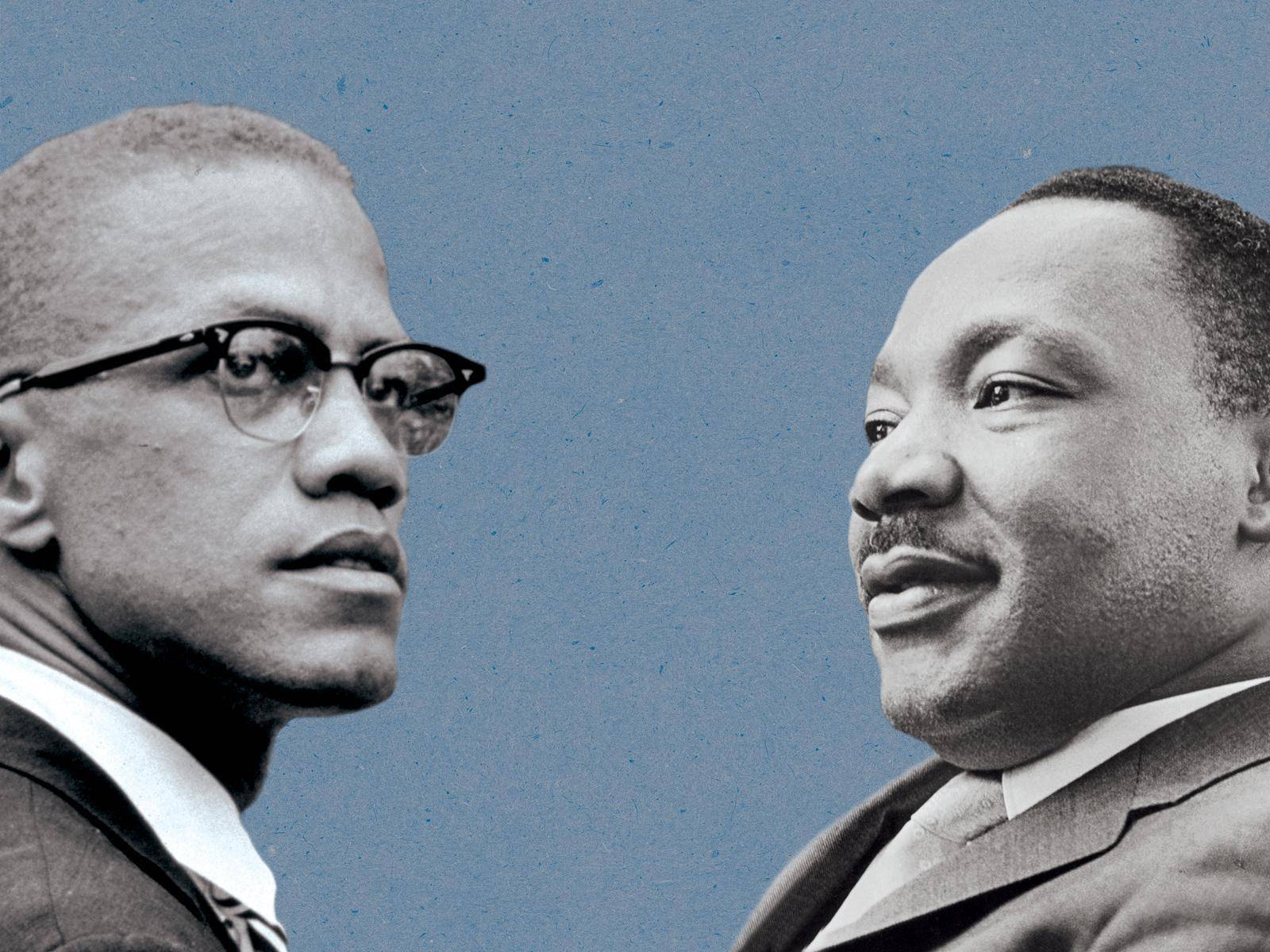 |  |
On March 26, 1964, Malcolm X and Martin Luther King Jr. met for the first and only time in Washington, D.C. Less than a year later, Malcolm was dead, the victim of an assassin’s bullet, Martin Luther King Jr. and Malcolm X are frequently seen as opposing forces in the struggle for civil rights but Peniel Joseph, author of The Sword and the Shield, says the truth is more Malcolm X and Dr. Martin Luther King Jr. are two of the most iconic figures of the 20th century and of the civil rights movement. And they were more alike than many may have thought. Learn about the life and legacy of Malcolm X, the Black Nationalist leader who challenged Martin Luther King, Jr.'s nonviolent approach to the civil rights movement. Explore their relationship, from their public clashes to their private encounters, and their shared goal of freedom and justice. Martin Luther King, Jr. and Malcolm X never collaborated, and their protest strategies seemed completely opposed. However, two brief, unplanned meetings between Malcolm and the Kings suggested that Malcolm, in the year before he was assassinated, wanted to support King’s efforts. Martin Luther King Jr and Malcolm X are two of the most famous civil rights leaders in America. And yet, they only met once. The photo seen below of the duo— King at left, Malcolm X at right—was Martin Luther King, Jr. and Malcolm X had both emerged as leaders of the civil rights movement by 1964. However, they viewed the challenges faced by Black Americans in the 1960s in different ways, and each prescribed different solutions to cure America’s racial ills. While both men emerged as prominent voices in the Civil Rights movement of the 1960s, Martin Luther King Jr. and Malcolm X differed in their philosophies and approaches to solving racial inequality. Learn how two civil rights activists with different backgrounds and philosophies fought for racial equality in America. Compare their early lives, influences, strategies and legacies in this article. Martin Luther King, Jr. and Malcolm X briefly meet after King's press conference at the U.S. Capitol, where the Senate was debating the passage of the Civil Rights Act of 1964. espoused by the civil rights leaders Dr. Martin Luther King, Jr., and Malcolm X. Comparisons will be drawn between two of the speeches delivered by these men in which they considered the issue of violent protest vs. nonviolent MALCOLM X AND MARTIN LUTHER KING, JR.: WHAT THEY THOUGHT ABOUT EACH OTHER LEWIS V.BALDWIN Malcolm X and Martin Luther King, Jr. followed essentially different paths as leaders of the black freedom movement. They did not work with the same organizations, and they frequently disagreed with each other concer In a first for the franchise, the new season of the Emmy® Award-winning anthology series will focus on two iconic geniuses: Dr. Martin Luther King Jr. (Kelvin Harrison Jr.) and Malcolm X (Aaron Pierre). GENIUS: MLK/X will explore the formative years, where they were molded by strong fathers and traumatic injustices, and their rich, parallel guarantee equal rights for African Americans, Malcolm X replied, “Our objective is complete freedom, justice and equality by any means necessary.” MATERIALS • “The Ballot or the Bullet,” Malcolm X, April 3, 1964 (excerpts). Source: Malcolm X, “The Ballot or the Bullet,” April 3, 1964, Cleveland, Ohio, from . Top 100 Speeches The newest installment of the Genius franchise, GENIUS: MLK/X, focuses on iconic civil rights era geniuses Dr. Martin Luther King Jr. and Malcolm X. The seri While history looks back on Reverend Martin Luther King Jr. and Malcolm X as revolutionary figures, their ideological roots led them to pursue different visions for Black liberation. While Malcolm X and Dr. Martin Luther King Jr. started from vastly different places in society, by the time of their untimely deaths their profound understandings of historically entrenched structural inequities—tracible to 300 years of Black enslavement and more than a century of white supremacy and stark discrimination in the distribution of social and economic goods—were in close This "landmark" (Ibram X. Kendi, New York Times-bestselling author of How to Be an Antiracist) dual biography of Malcolm X and Martin Luther King upends longstanding preconceptions to transform our understanding of the twentieth century's most iconic African American leaders To most Americans, Malcolm X and Martin Luther King Jr. represent contrasting ideals: self-defense versus nonviolence Although they only met once, Malcolm X was often asked his opinion of Martin Luther King Jr. and the civil rights movement. Initially scornful of King and his strategies, Malcolm later began to was all too eager to do so. For his part, Malcolm X publicly denounced Martin Luther King many times, calling the preacher a modern-day Uncle Tom stating that “By teaching them to love their enemy, or pray for those who use them spitefully, today Martin Luther King is just a 20th century or modern Uncle Malcolm X during Harlem rally, 1963
Articles and news, personal stories, interviews with experts.
Photos from events, contest for the best costume, videos from master classes.
 |  |
 | |
/cdn.vox-cdn.com/uploads/chorus_image/image/67225668/517322988.jpg.0.jpg) |  |
 |  |
 |  |
 |  |